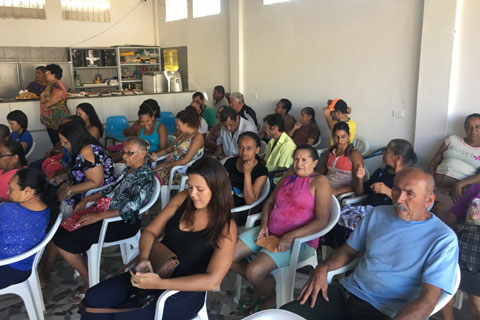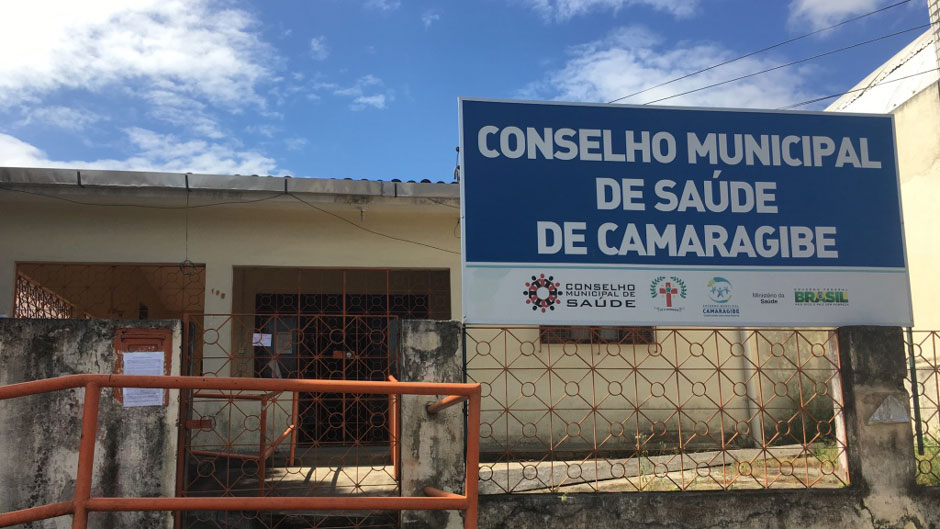What is the most effective way to improve health care outcomes to vulnerable populations? That was one of many questions that Michael Touchton, an assistant professor of political science at the University of Miami, has pursued through his research in Brazil for the past 12 years.
Touchton’s groundbreaking study, “Community Health Governance and HIV in Brazil,” is the first time there has been a large, comprehensive scholarly analysis of the effects of participatory democratic institutions and social policies on public health and how this can affect conditions and the capacity to deliver health services.
Touchton will present the results of his study at UM’s Institute for Advanced Study of the Americas on Tuesday, Jan. 29 at noon. He is the global health associate faculty lead for the institute.
Using raw data gathered by the Brazilian government, Touchton over the past dozen years was able to examine the records of all 5,570 municipalities in the country to determine how community health governance has affected HIV in Brazil.

The largest country in Latin America with close to 211 million people, Brazil’s health care system is supposed to be universal and available to all. However, it was not until the start of the democratization in that country that poor, isolated areas began to receive funding and much needed attention, said Touchton.
“Brazil has made striking gains in public health since its democratization in the mid-1980s,” said Touchton. The government set up and funded various local governance programs, such as the Family Health Programme, that allowed citizens, members of civil society groups, and some members of local government to get together and make policies and deliver services across areas that focused on primary health care, he explained.
Many of the local groups allowed citizens to monitor and evaluate the health teams to make sure that the appropriate work was being implemented, Touchton said. Clinics were built, vaccinations were distributed widely, and services for new mothers and infants were set up according to the needs of each individual community.
In the case of HIV patients, local residents in some municipalities worked with health providers to identify where many vulnerable populations (including sex workers) lived and worked, and health care providers were dispatched with educational tools to help them.
Community involvement was key to the success of these projects, said Touchton. Local government and elected officials were indebted to the program’s success since public appreciation brought votes and kept politicians in office, he said.
According to Touchton’s study, municipalities with community health governance institutions experienced 14 percent lower HIV rates than other municipalities. Rates of maternal and infant deaths also declined, Touchton found.
The success of health policy councils was based on the targeted interventions and spending which then translated into education and access to health care, he said. It allowed even for a small, poor town like Camaragibe, in Brazil’s northeast Pernambuco province to see positive health results among their HIV population that were far better than anyone expected, said Touchton.
“They had strong public health and human development outcomes because they committed a lot of community efforts,” said Touchton. “They adopted these programs and used federal money wisely.”
Unfortunately, the new president of Brazil Jair Bolsonaro and his administration do not seem to have the same commitment to health governance programs and recent numbers are beginning to show declines in both services and health outcomes, said Touchton.
He hopes that Brazilian government officials realize that supporting preventive medicine programs coupled with federal sustenance can improve public health.

